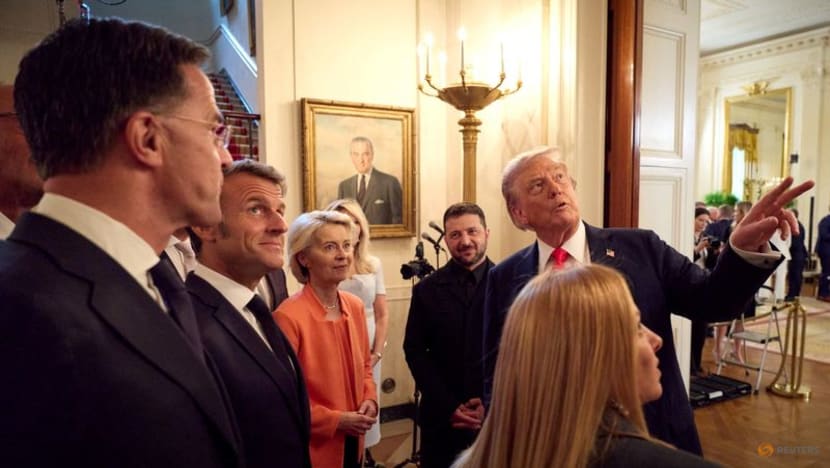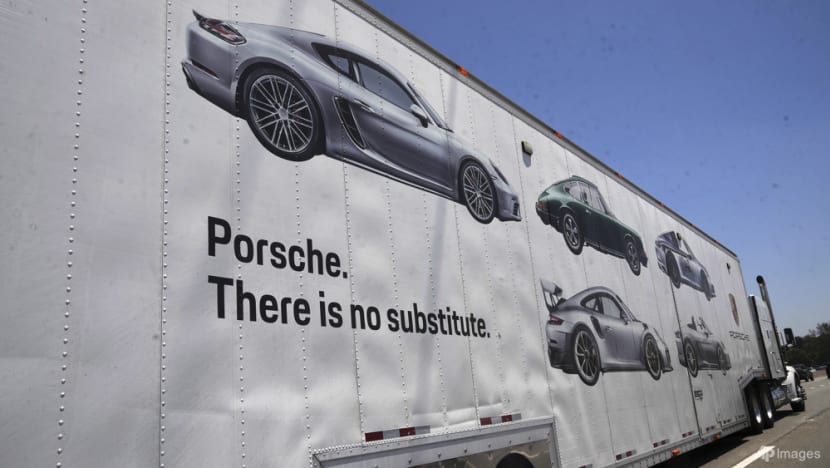EU to scrap tariffs on US goods to pave way for lower car duties

BRUSSELS: The European Commission on Thursday (Aug 28) proposed removing duties on imported US industrial goods in return for reduced US tariffs on European cars, a key part of the trade agreement struck last month between the two sides.
The proposals mark the European Union’s first step in enacting the framework agreement reached on Jul 27 between US President Donald Trump and Commission President Ursula von der Leyen. That deal saw the EU accept a broad 15 per cent tariff to avoid a damaging trade war.
The United States agreed to cut tariffs on EU-built cars to 15 per cent from 27.5 per cent from Aug 1, the date the legislative proposal was presented in Brussels.
TRADE WAR AVERTED
The agreement ended a conflict between the world’s two largest trading partners, although it remains asymmetric. Brussels must cut its own duties and purchase more US energy products, while Washington retains tariffs on 70 per cent of EU exports.
Trump has repeatedly railed against the EU, saying in February it was “formed to screw the United States”. He has also criticised the US trade deficit with the bloc, which stood at US$235 billion in 2024.
EU governments broadly accepted the deal as the lesser of two evils, noting Trump was otherwise set to impose 30 per cent tariffs on almost all EU imports.

IMPACT OF TARIFF CUTS
Removing industrial goods tariffs may have limited impact, with about two-thirds of goods already tariff-free. The average EU tariff rate on US goods is 1.35 per cent, according to think tank Bruegel. Cars, however, currently face a 10 per cent tariff.
The EU proposals also include farm produce concessions such as zero tariffs on potatoes, reduced rates for tomatoes and quotas for pork, cocoa and pizza. Beef, poultry, rice and ethanol were excluded.
“We are protecting our defensive interests there. What we are giving are commitments that are meaningful, but at the same time not very costly for us today,” a Commission official said, noting that other G7 countries had already liberalised trade with the EU.
APPROVAL NEEDED
The legislative proposal still requires approval from a majority of EU member states and from the European Parliament, a process expected to take several weeks.
Proponents of the deal pointed to a unique arrangement under which pre-existing US tariffs, such as 2.5 per cent for cars and up to 20 per cent for cheeses, are not added to the broad 15 per cent rate.
Some products including aircraft, cork and generic drugs are exempt from the 15 per cent tariff. But steel, aluminium and copper remain subject to 50 per cent duties.















